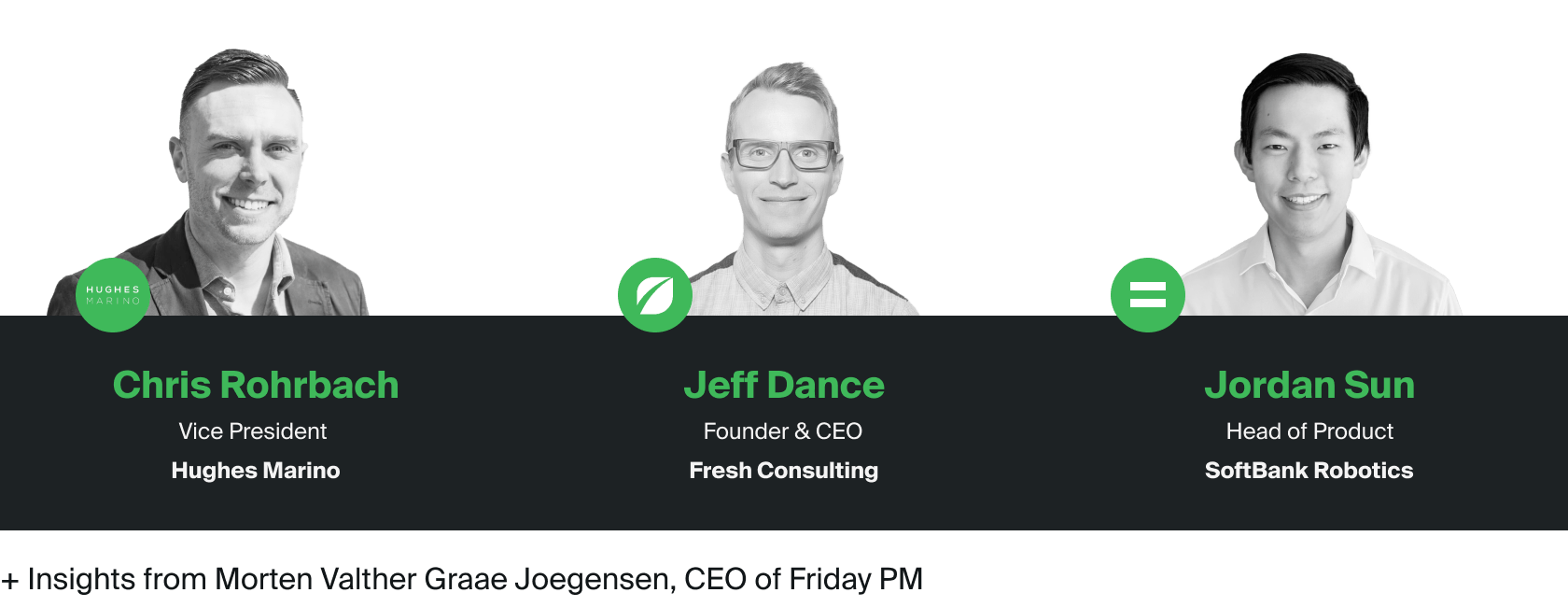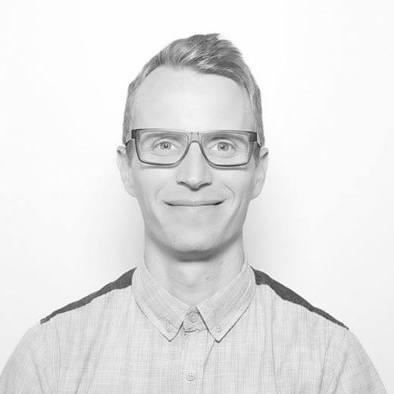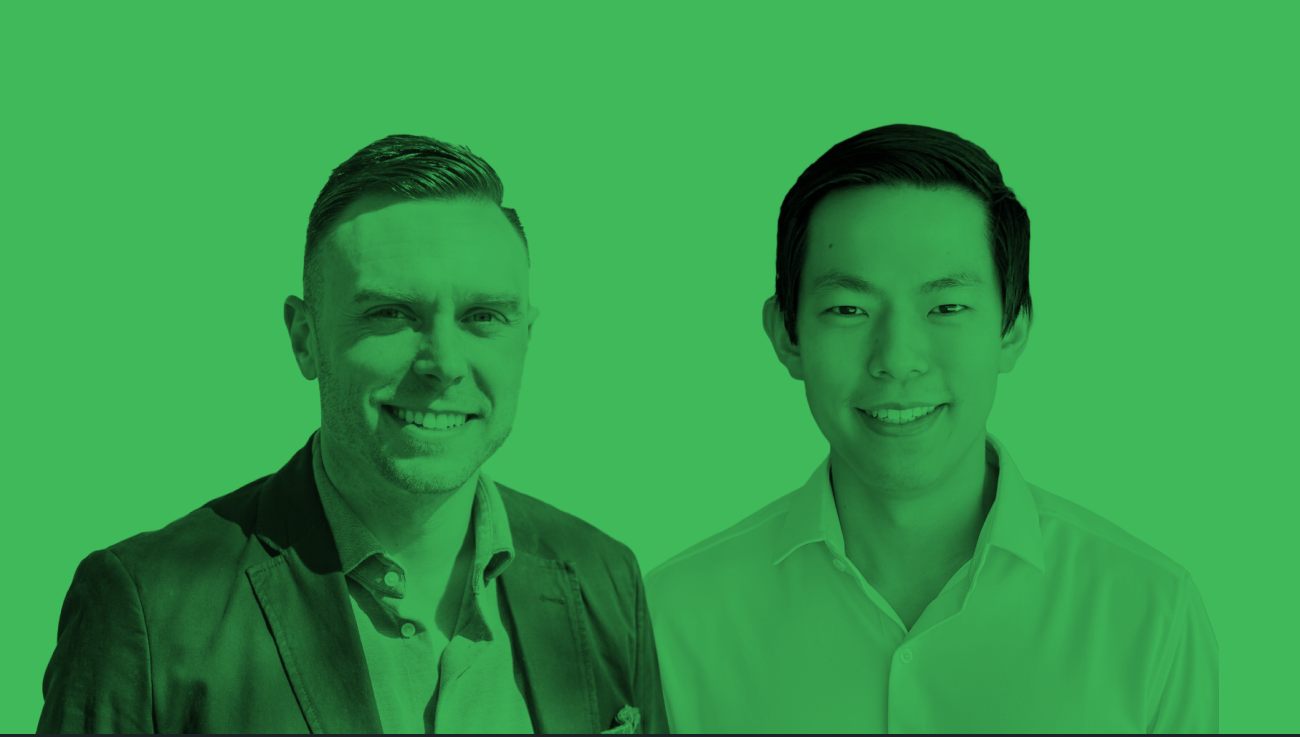The
Future Of
The Office Building
Although with COVID-19, many people and businesses have transitioned from commuting daily to a workplace to fully remote work, others have chosen to get the best of both worlds through hybrid workspaces.
Office spaces are not just places built for people to sit in and work for eight hours every day for a monthly paycheck—they are more than that. Apart from playing a major role in the psyche and productivity of employees, the architecture or structural design of a workplace does a lot in determining employees’ job satisfaction, levels of inspiration, and motivation. This is why employers need to put as much effort into building conducive work environments for their employees as they expect to see in return for performance, retention, overall satisfaction.
To talk more about the future of office building and post-pandemic workspaces, Jeff is joined by SoftBank Robotics Head of Product Jordan Sun, Hughes Marino VP Chris Rohrbach, and Friday PM CEO Morten Joergenson.

Jordan Sun: Every building is a node in a larger system, right? Whether the urban system, how it connects to the suburban system, to more rural systems. Then, when you look at city planning and building planning, I think the key thing we need to keep in mind is more of a holistic approach to the human experience, and, what type of societies are we creating.
Jeff Dance: Welcome to The Future Of, a podcast by Fresh Consulting, where we discuss and learn about the future of different industries, markets, and technology verticals. Together, we’ll chat with leaders and experts in the field, and discuss how we can shape the future human experience. I’m your host, Jeff Dance.
Jeff: In this episode of The Future Of, we’re joined by Jordan Sun, Head of Product at SoftBank Robotics America, and Chris Rohrbach, a vice-president of Hughes Marino, to explore the future of the office building. Welcome. It’s a pleasure to have you with me on this episode focused on the future around the office, the office building, and everything that comes with it. I’m excited to have two experienced leaders and to talk about the future together. Jordan, if we can start with you, if you can just tell the listeners a little bit more about yourself to kickoff.
Jordan: Thank you, Jeff. It’s a pleasure to join you and join Chris on this podcast. A little bit about my background. I started out in finance, originally in my career, at an investment bank, before spending several years at the intersection of the National Security Community and Technology, where I had the opportunity to serve as an army officer in traditional infantry, as well as special operations units, but also spent time as a diplomat as well on the civilian side. I then spent the remainder of my career in healthcare, both in med tech, including surgical robotics, to also digital health platforms as well.
Then spent some time in Venture before the pandemic happened, where I then decided to join the city of San Jose and worked for the mayor as the chief innovation officer for the city. Then found my way to SoftBank very recently.
Jeff: Awesome. Excited to have you here with us. For those that don’t know, SoftBank is the largest investor in robotics, worldwide, and invests a lot in the future. They’re thinking a lot about the future of the office building and really about the future of work and the robot-human interaction, so, excited to have– I know you’ve traveled the world, Jordan. Have had lots of different leadership experience in the workplace, in the boardroom, on the battlefield, right? Having done a few tours. Excited to ask you for some more tips there, just from your personal experience as well, at the end.



